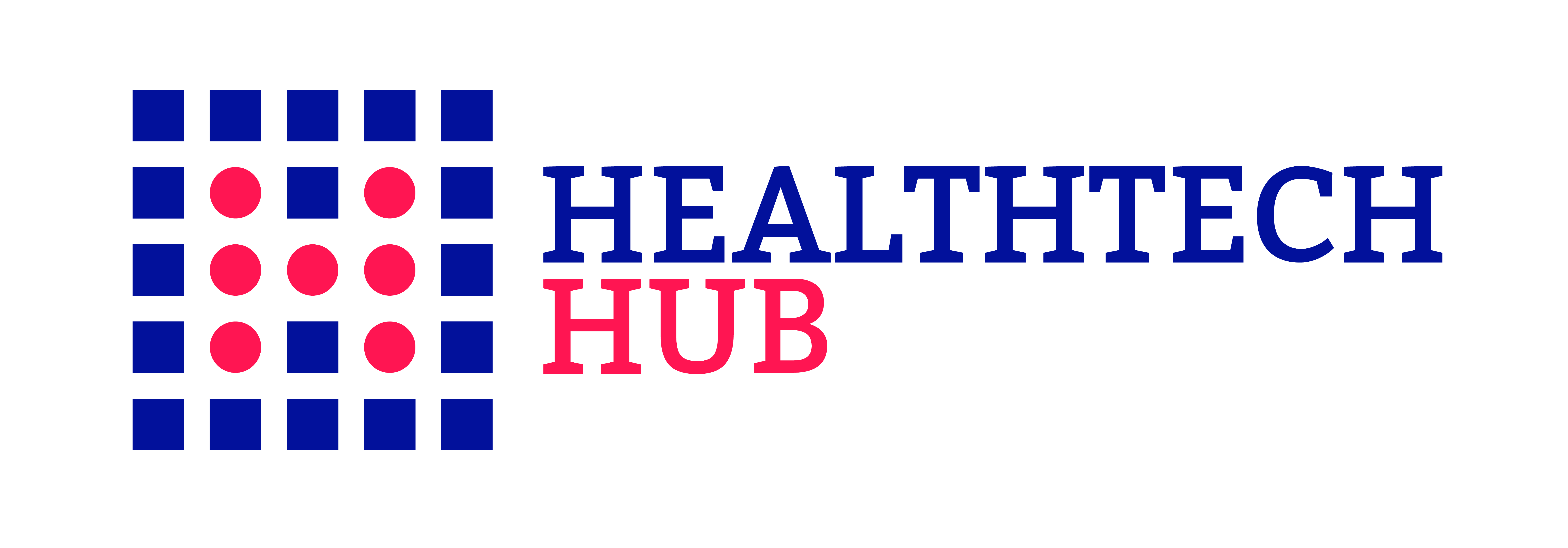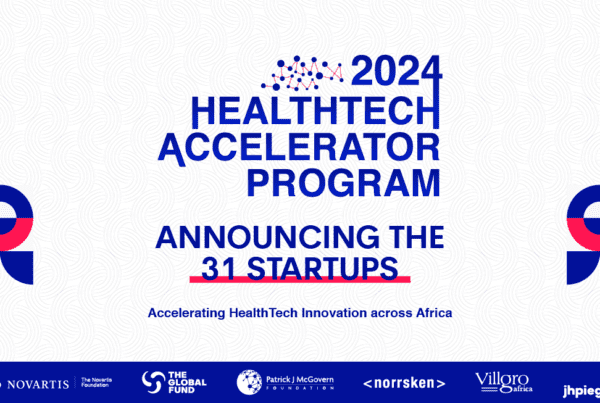
The African continent has been the hub of numerous innovative technologies, and healthtech is no exception. Healthtech startups have mushroomed across the continent, providing healthcare solutions that have made life easier for people living in Africa. These startups have evolved from mere concepts to established businesses, and their journey is inspiring.
One of the successful healthtech startups in Africa is Vula Mobile. Vula Mobile is a South African-based healthtech startup that provides a platform for health workers to refer patients to specialists. The startup was founded in 2014 by Dr William Mapham, a South African Ophthalmologist, and Dr Lungi Nyathi, a South African Family Physician. The two doctors developed the platform to address their challenges in referring patients to specialists.
Vula Mobile started as a simple idea, but it took a lot of hard work and dedication to realise it. The founders spent several years developing, refining, and testing the platform. They had to raise funds to develop and market the platform to the target audience. They also had to deal with regulatory challenges like complying with data protection laws.
However, despite the challenges, Vula Mobile has become a success story. The platform has been adopted by over 10,000 healthcare workers in South Africa, facilitating over 100,000 referrals. The platform also won several awards, including the Royal Society of Medicine’s Global Health Award in 2019.
Another healthtech startup that has made a significant impact in Africa is LifeBank. LifeBank is a Nigerian-based healthtech startup that connects blood banks to hospitals using a digital platform. The startup was founded in 2015 by Temie Giwa-Tubosun, a Nigerian-American entrepreneur. The platform was developed to address the challenge of blood shortages in Nigeria.
Like Vula Mobile, LifeBank started as a simple concept, but it took a lot of hard work and dedication to bring it to reality. The founders had to overcome several challenges, such as raising funds to develop the platform and hiring the right team to build and market the platform. They also had to deal with regulatory challenges, such as complying with healthcare regulations.
Despite the challenges, LifeBank has become a success story. The platform has facilitated the delivery of over 17,000 pints of blood to hospitals across Nigeria, saving thousands of lives. The startup won several awards, including the Jack Ma Foundation’s Africa Netpreneur Prize in 2019.
Another healthtech startup that has significantly impacted Africa is hearX Group. HearX Group is a South African healthtech startup providing a hearing screening and monitoring platform. The startup was founded in 2016 by Dr De Wet Swanepoel, a South African Audiologist, and Professor Dirk Koekemoer, a South African Electrical Engineer. The platform was developed to address the challenge of hearing loss in Africa.
Like Vula Mobile and LifeBank, hearX Group started as a simple concept, but it took a lot of hard work and dedication to bring it to reality. The founders had to overcome several challenges, such as raising funds to develop the platform and hiring the right team to build and market the platform. They also had to deal with regulatory challenges, such as complying with healthcare regulations.
Despite the challenges, hearX Group has become a success story. The platform has screened over 500,000 people for hearing loss and provided over 150,000 with hearing aids. The startup won several awards, including the Royal Academy of Engineering’s Africa Prize for Engineering Innovation in 2019.
In conclusion, healthtech startups in Africa have come a long way, and their success stories are inspiring. These startups have not only provided healthcare solutions to the people living in Africa but also created employment opportunities, stimulated economic growth, and attracted investors worldwide.
The journey of successful healthtech startups in Africa is not without its challenges. The healthcare industry in Africa is highly regulated, and startups must comply with various laws and regulations. Funding is also a significant challenge for healthtech startups in Africa, as investors are often reluctant to invest in risky ventures. However, despite these challenges, healthtech startups in Africa have overcome the odds and achieved success.

Image Source – Freepik
In recent times, there has been exponential growth in healthtech startups in Africa. These startups use innovative technologies such as artificial intelligence, machine learning, and blockchain to develop solutions that address the healthcare needs of people in Africa. These startups are not only improving the quality of healthcare in Africa, but they are also making it more accessible and affordable.

Image – Freepik
The success of healthtech startups in Africa has not gone unnoticed. Global tech giants like Google, Microsoft, and IBM have shown interest in partnering with healthtech startups in Africa. These partnerships have led to the development of innovative solutions that improve healthcare delivery in Africa.
In conclusion, the journey of successful health-tech startups in Africa is inspiring. These startups have come a long way and have achieved success through hard work, dedication, and innovation. The impact of health-tech startups in Africa is significant, and their contributions to the healthcare industry are invaluable. As more and more healthtech startups emerge in Africa, the future of healthcare in the continent looks brighter than ever before.




